Tricky Words, Simple Activities: Teach Your Child to Read and Spell Irregular Words
- No Worksheets Allowed
- Nov 1, 2022
- 2 min read
Updated: Feb 24
What's so tricky about tricky words?
Tricky words are also known as common exception or irregular words. They're used often in reading and writing but contain letter-sound correspondences which children have yet to learn. For example, in the tricky word ‘was’ the ‘a’ corresponds to the phoneme /o/, which children who are just beginning to learn to read would not be familiar with. Let's have a look at how we can make tricky words a little less tricky...

How do I teach tricky words?
With tricky words, you need to focus on the sounds which your child knows first and then look carefully at the tricky part.
Highlight the tricky part of the word using a different coloured pen or a highlighter. Alternatively, you could underline the irregular part.
If there are other tricky words with the same pattern, then it makes sense to teach these at the same time, e.g. he, she, we, be or would, should, could.
You could encourage your child to draw a picture in the tricky part of the word, to make it easier to remember.

Tricky word activities
Here's a selection of phonics activities to help children learn to read and spell the common exception words. They're perfect for homeschooling or tutor groups!
Tricky word making
Children can build tricky words using visuals such as:
Alphabet stickers on colourful paper
By cutting letters out of comics and assembling them to make tricky word collages
By typing them out on a real or cardboard keyboard
With blocks that have graphemes written on them
Tricky word art
Make tricky word art by:
Doing rainbow writing – use felt pens or crayons to write over the word in lots of different colours
Writing the tricky word in white crayon and then using watercolour paints to reveal it
Writing the irregular word on a big piece of paper and decorating with feathers, felt and other collage materials
Painting tricky words on foil
Tricky word writing
Make writing tricky words more fun by:
Making a spinner using a circle of card, a split pin and a paper clip. Write tricky words on the spinner and then spell the word which you land on
Seeing how many times you can write the common exception word before a sand timer runs out
Using a wooden stylus to write them on scratchy notes (matte black surface which scratches off to reveal a rainbow background)
Using chalk to write them on the ground
What next?
1. If you would like to find out more information about phonics, then check out these blog posts:
2. The following phonics books are available to buy from Amazon:
3. Customers love the phonics downloads in the No Worksheets Allowed shop:

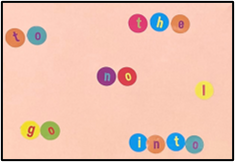
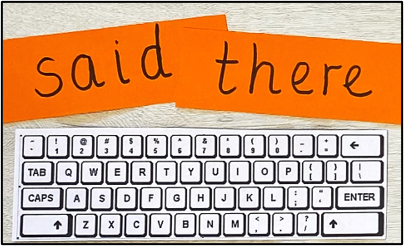


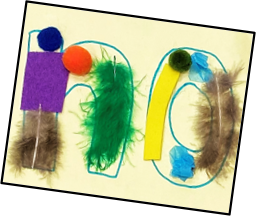
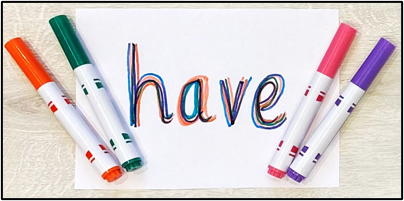
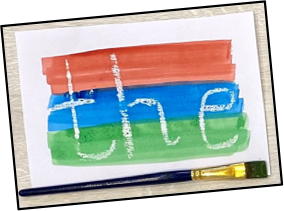

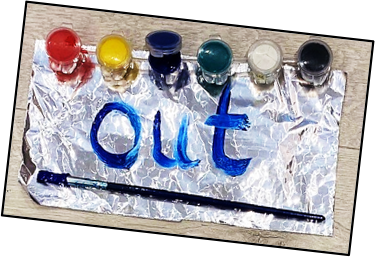
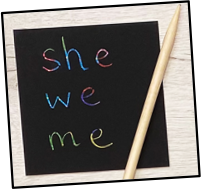
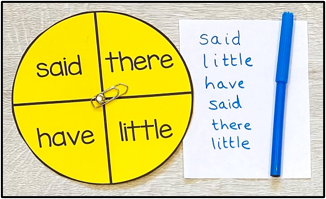
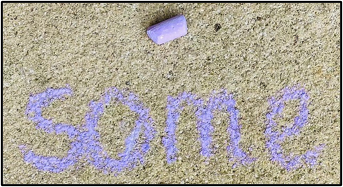
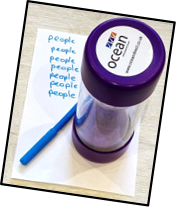



Comments